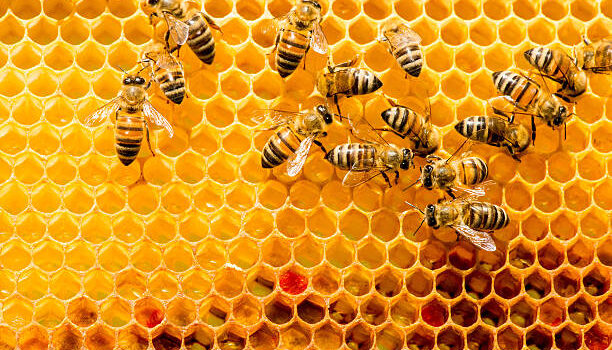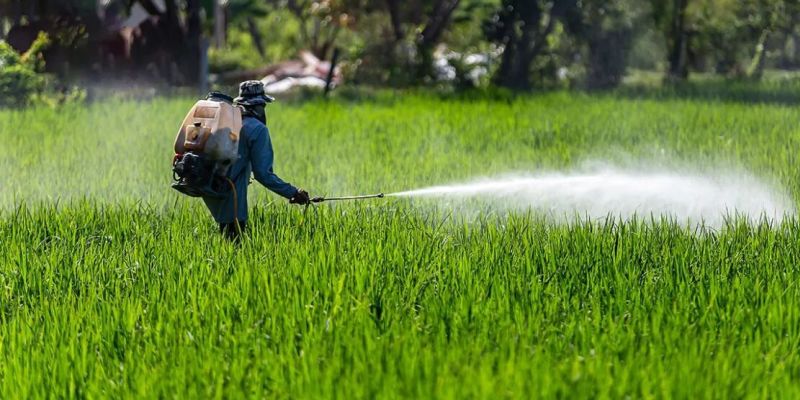Sustainable Business of Beekeeping

Sustainable Business of Beekeeping, also known as apiculture, is an agricultural practice that involves the management and cultivation of honeybee colonies for the production of honey, beeswax, and other bee-related products. In India, beekeeping has been practiced for centuries and holds significant economic and ecological importance. Here’s an overview of the business of beekeeping in India:
1. Honey Production:
Honey is the primary product of beekeeping. India is the sixth-largest producer of honey globally. Beekeepers in India extract honey from various floral sources, including mustard, eucalyptus, sunflower, and citrus fruits. The country produces a wide range of honey types, each with its unique flavor and medicinal properties.
2. Pollination Services:
Honeybees play a crucial role in pollinating crops, enhancing agricultural productivity. As a result, beekeepers offer pollination services to farmers, particularly for crops such as almonds, apples, mangoes, and cucumbers. This service has gained recognition and value due to the increased demand for efficient pollinators.
3. Beeswax and Propolis:
Beeswax, a natural wax produced by honeybees, is another valuable product obtained from beekeeping. It is widely used in the cosmetics, pharmaceutical, and candle industries. Propolis, a resinous substance collected by bees, is also harvested and used for its medicinal properties.
4. Royal Jelly and Bee Pollen:
Beekeepers in India also collect royal jelly, a secretion produced by worker bees and fed to larvae. Royal jelly is known for its nutritional and health benefits. Bee pollen, another product obtained from bees, is rich in proteins and essential nutrients and is consumed as a dietary supplement.
5. Value-added Products:
Apart from honey, beekeepers often produce value-added products like honey-based spreads, flavoured honey, beeswax candles, and herbal cosmetics. These products cater to the growing demand for natural and organic alternatives.
6. Export Opportunities:
India has significant export potential for beekeeping products. Honey and other bee-related products are exported to various countries, including the United States, European Union, Middle East, and Southeast Asia. Export-oriented beekeepers need to comply with quality standards and regulations of the target markets.
7. Government Initiatives:
The Indian government has recognized the importance of beekeeping and has initiated several schemes and programs to promote and support the industry. These include financial assistance, training programs, infrastructure development, and the establishment of honey processing and testing facilities.
8. Challenges:
Beekeepers in India face challenges such as diseases and pests affecting honeybee colonies, limited access to modern beekeeping technologies, lack of standardized quality control measures, and fluctuating market prices. Climate change and habitat loss also pose threats to bee populations.
Despite the challenges, the beekeeping industry in India is growing, driven by increasing demand for honey, rising health consciousness, and a shift towards sustainable and natural products. With the right support and adoption of modern beekeeping practices, beekeepers can capitalize on the market opportunities both domestically and internationally.




